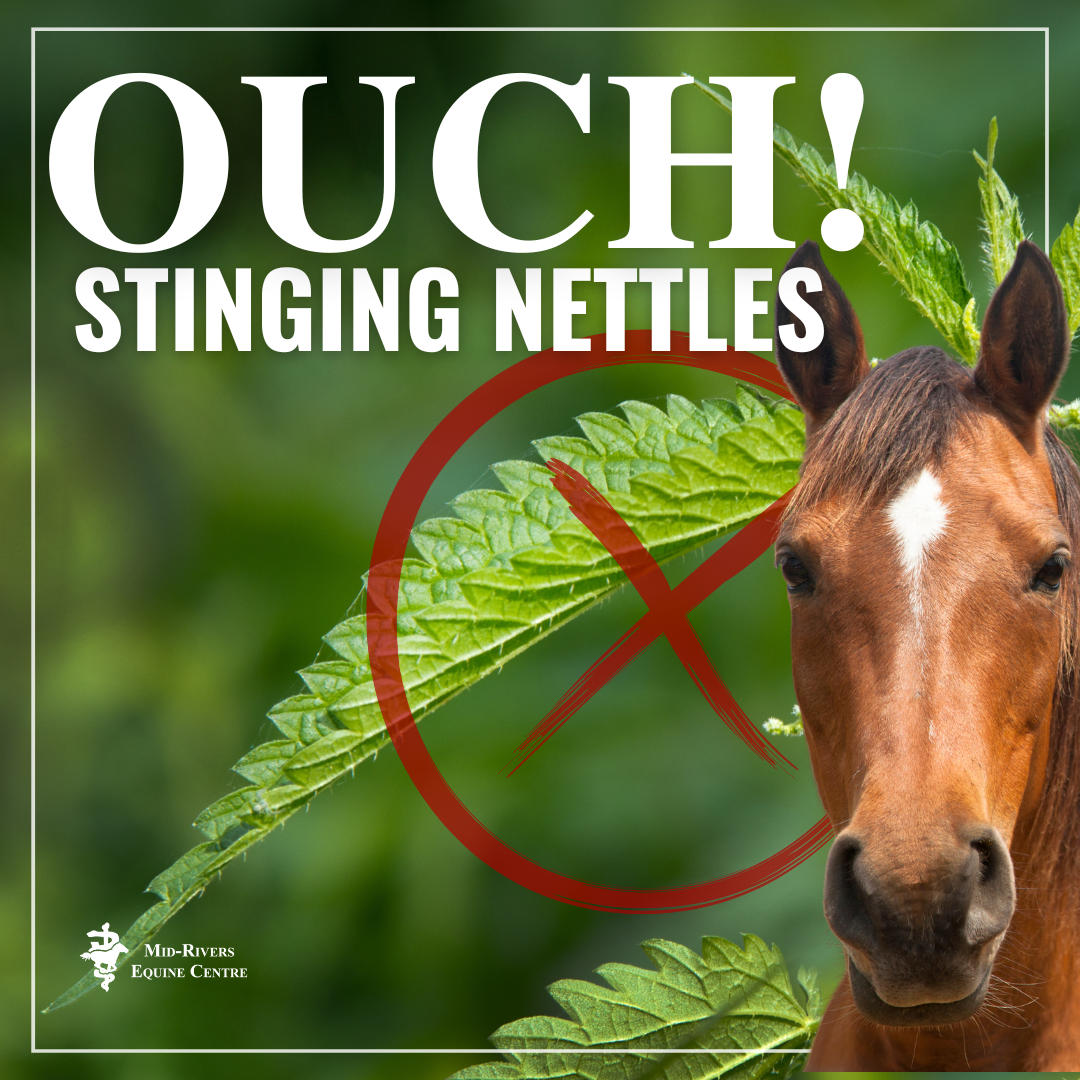Poisonous Plants: What Horses Should Never Eat

Horses are curious creatures that often nibble on various plants in their environment. However, some plants are highly toxic and can cause severe health issues or even be fatal if ingested. This article explores the most common poisonous plants that horses should never eat, symptoms of poisoning, and preventive measures to keep your equine friends safe.
Why Are Some Plants Poisonous to Horses?
Certain plants contain toxic compounds that interfere with a horse’s digestive system, nervous system, or other vital functions. Horses lack the ability to detoxify some of these chemicals, making them particularly vulnerable.
Common Poisonous Plants for Horses
| Plant Name | Toxic Part(s) | Symptoms of Poisoning | Notes |
|---|---|---|---|
| Red Maple (Acer rubrum) | Wilted leaves | Anemia, weakness, dark urine, difficulty breathing | Toxic when leaves are wilted or fallen |
| Oleander (Nerium oleander) | All parts | Colic, irregular heartbeat, sudden death | Extremely toxic, even in small amounts |
| Yew (Taxus spp.) | Leaves and seeds | Tremors, difficulty breathing, sudden death | Very fast-acting toxin |
| Bracken Fern (Pteridium aquilinum) | Fronds and roots | Neurological issues, bleeding disorders | Chronic exposure can be fatal |
| Nightshade (Solanum spp.) | Berries and leaves | Colic, diarrhea, weakness | Contains solanine, toxic alkaloid |
Symptoms of Plant Poisoning in Horses
- Loss of appetite
- Drooling or excessive salivation
- Colic or abdominal pain
- Diarrhea or constipation
- Weakness or lethargy
- Tremors or seizures
- Difficulty breathing
- Sudden collapse or death
What To Do If You Suspect Poisoning
- Remove the horse from the area with the suspected plant.
- Contact a veterinarian immediately.
- Provide supportive care as advised by the vet.
- Collect samples of the plant for identification.
Preventive Measures
- Regularly inspect pastures and remove toxic plants.
- Educate yourself and farm workers about poisonous plants.
- Provide adequate forage to reduce the likelihood of horses eating harmful plants.
- Use fencing to restrict access to areas with known toxic vegetation.
Frequently Asked Questions (FAQ)
Q1: Can horses die from eating poisonous plants?
A1: Yes, ingestion of certain toxic plants can be fatal to horses, especially if not treated promptly.
Q2: Are all parts of a poisonous plant harmful?
A2: Not always. Some plants are toxic only in specific parts, such as leaves, seeds, or roots.
Q3: How can I identify poisonous plants in my pasture?
A3: Use plant identification guides, consult with local agricultural extensions, or hire a professional.
Q4: What should I do if my horse eats a poisonous plant?
A4: Contact your veterinarian immediately and follow their instructions.
By understanding which plants are dangerous and recognizing the symptoms of poisoning, horse owners can take proactive steps to protect their animals. Regular pasture management and education are key to preventing accidental ingestion of toxic plants.
Would you like me to help enhance the tone to be more conversational or add more detailed case studies?
